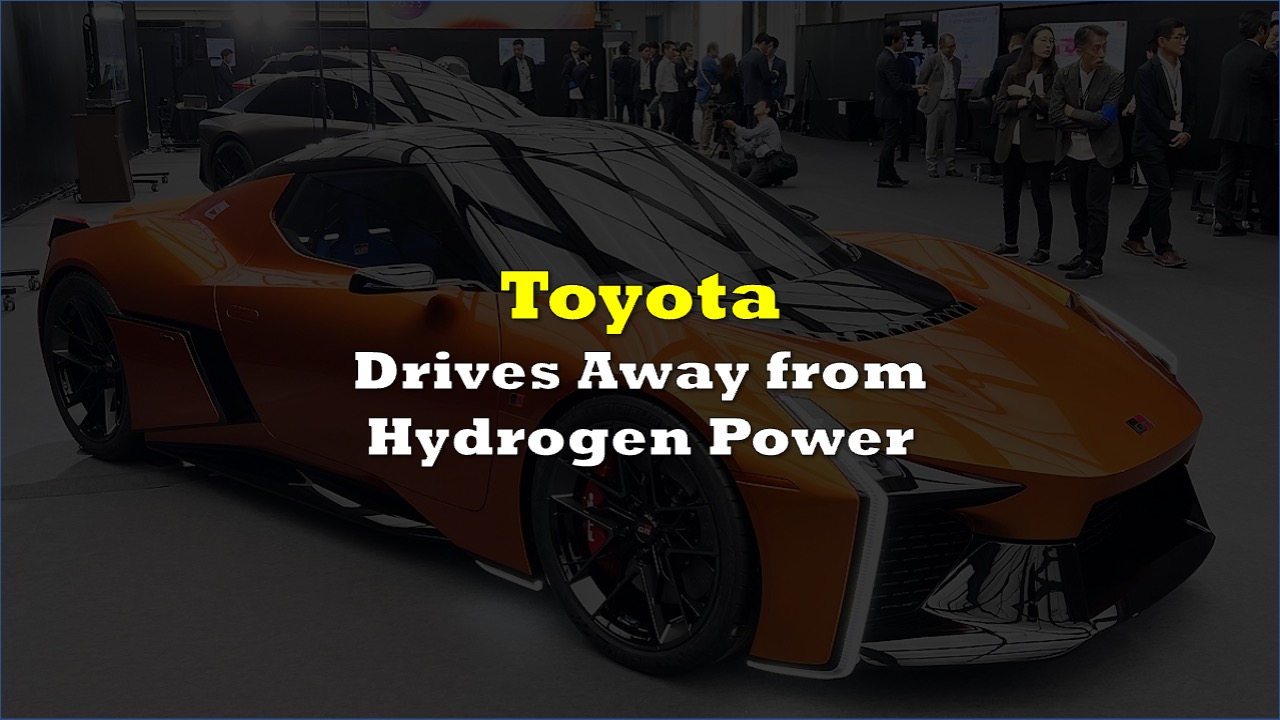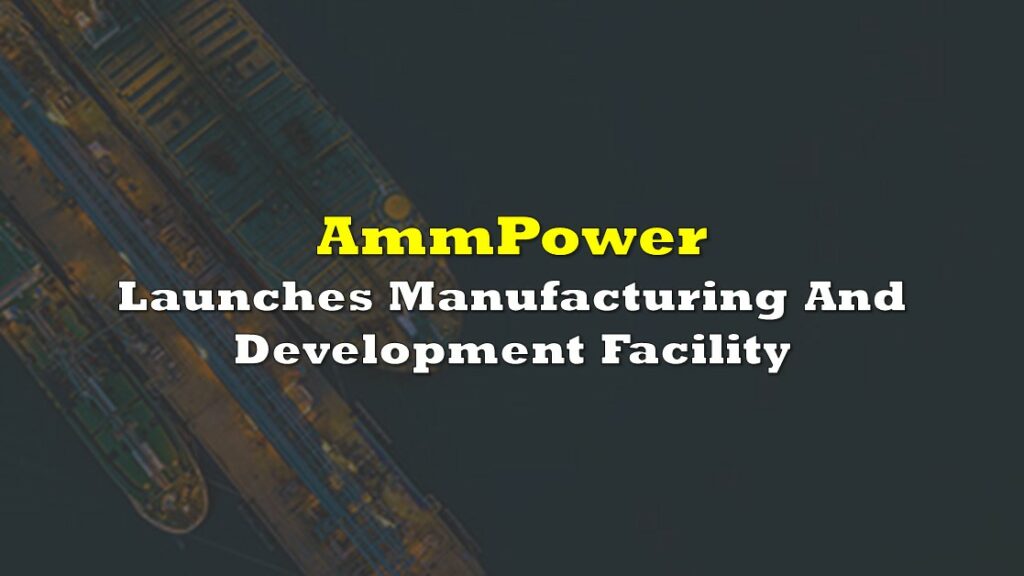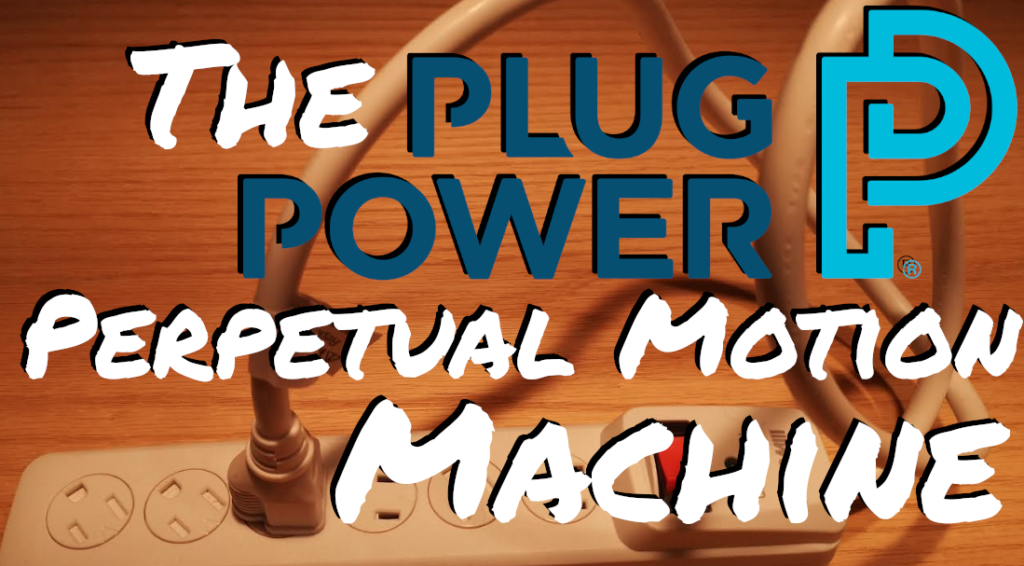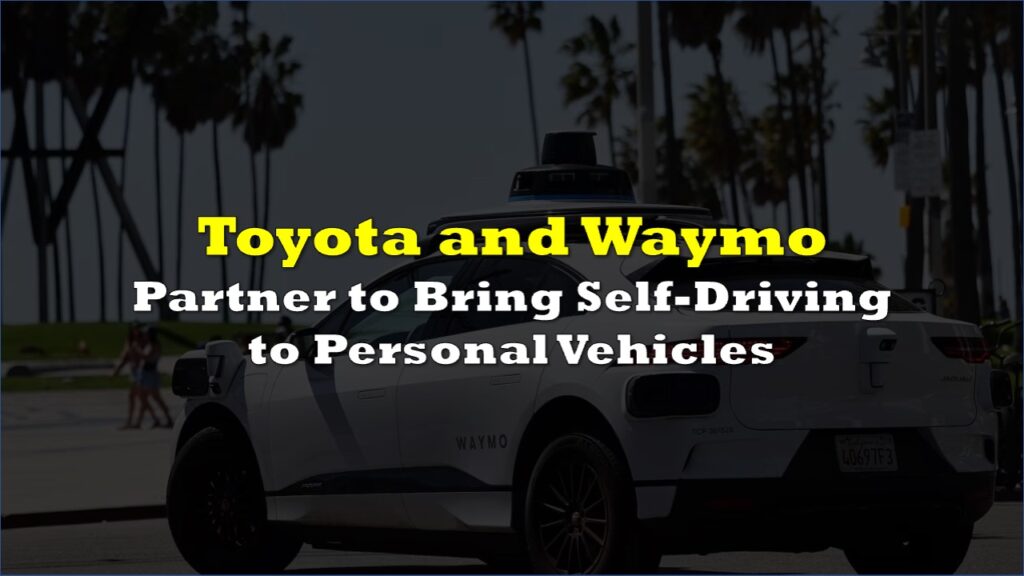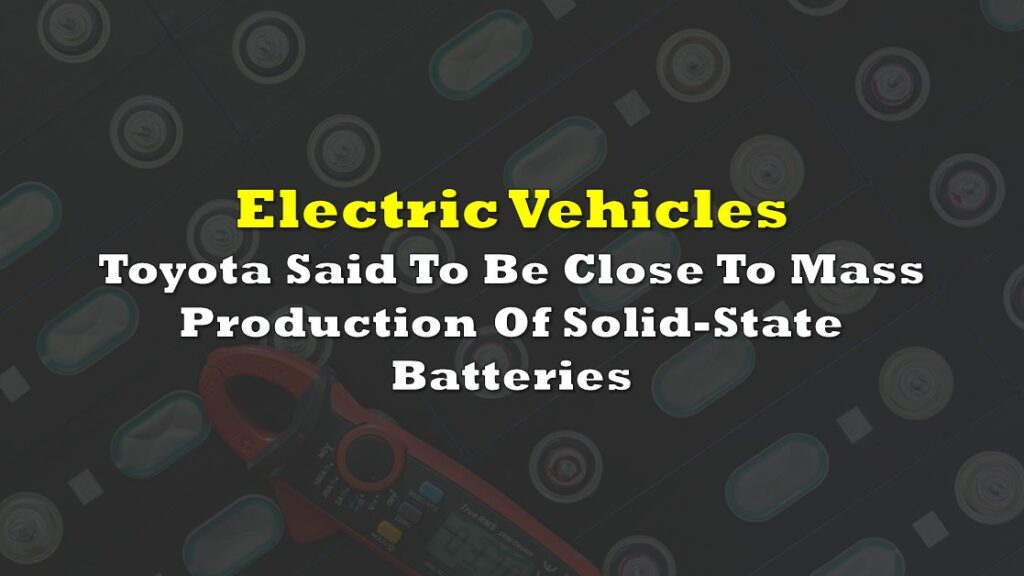At this year’s Japan Mobility Show, Toyota and Lexus showcased an array of battery-powered vehicles, signaling a departure from the company’s longstanding commitment to hydrogen power. Despite Toyota’s historical emphasis on hydrogen fuel cells, particularly with the Mirai, the Executive Vice President and Chief Technical Officer, Hiroki Nakajima, conceded that the Mirai had not been a success due to the limited availability of hydrogen filling stations.
The Telegraph points out that as a result, Toyota is shifting its strategy, moving away from hydrogen-powered passenger cars towards commercial applications. The company sees potential success in heavy haulage, marine, bus-and-coach, and rail sectors for hydrogen technology. While fuel-cell development will continue, Toyota is redirecting its efforts towards battery-powered electric vehicles (EVs).
At the show, Toyota highlighted its new battery strategy, unveiling plans for the introduction of third-generation batteries starting from 2026/2027. The company aims to set new industry standards with batteries that offer longer driving range, faster charging, and lower costs. Lexus, Toyota’s luxury division, is set to become an all-EV brand by 2030, while the Toyota marque plans to have 30-40% of its vehicles operating on electric power by the same year.
Toyota’s new battery technologies include the ‘Performance’ battery, utilizing tweaked lithium-ion chemistry for increased range and faster charging. The ‘Popularisation’ battery employs lithium-iron-phosphate (LFP) chemistry, known for its cost-effectiveness and robustness. The ‘High Performance’ battery, based on lithium-ion NMC chemistry, boasts an impressive driving range. Additionally, Toyota is investing in solid-state battery technology, aiming for commercial viability by 2028 with improved safety and faster charging.
While Toyota’s shift towards battery-powered vehicles is a significant departure from its hydrogen-focused past, the company aims to lead in battery technology, addressing concerns about safety, longevity, and manufacturing costs.
Information for this story was found via the sources and companies mentioned. The author has no securities or affiliations related to the organizations discussed. Not a recommendation to buy or sell. Always do additional research and consult a professional before purchasing a security. The author holds no licenses.

